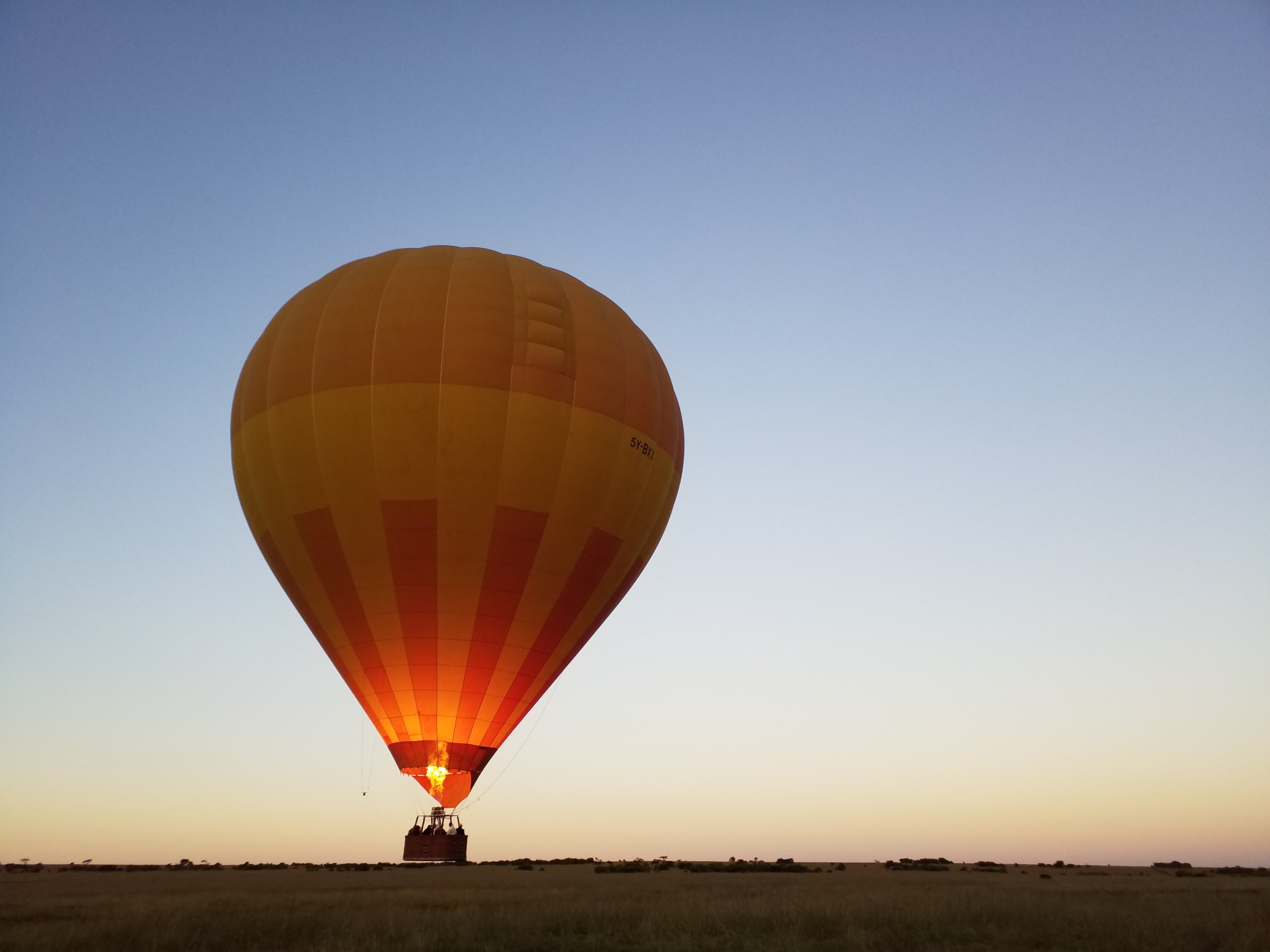
FAQs.
Frequently Asked Questions
-
We focus on personalized, boutique experiences. While other travel agents may offer standard packages, we specialize in handpicked accommodations, private safari camps, and unique cultural experiences tailored to your preferences. We prioritize quality over quantity and always aim to offer more than just a traditional holiday.
-
Kenya requires an ETA (Electronic Travel Authorization), which can be filled out electronically on the official government website. The application takes about 15-30 minutes and is typically accepted within 48 hours. Tanzania offers a VISA on arrival for most citizens, but it’s important to check the specific rules for your country before traveling. If you need to apply through the embassy, it can take some time, so plan ahead.
-
Vaccinations required for East Africa vary by country, but generally, travelers are advised to get vaccinations for Hepatitis A, Hepatitis B, Typhoid and Yellow Fever. Most people will have these from before, sometimes with the exception for Yellow Fever. If you travel from Europe to Kenya you are not required to have the yellow fever vaccination done as there is close to zero cases remaining in the country. Most people still take it as an extra precaution. It’s important to check with your healthcare provider to ensure you are up-to-date on routine vaccinations and get any recommended travel-specific shots based on the countries you plan to visit.
-
These days, malaria is extremely rare in Kenya and uncommon in Tanzania. During rainy seasons (March-April and November) there is a slightly higher risk on the coast and on the shores of Lake Victoria. Formally, we must always recommend taking medicine when travelling in the region but personally we do not think the side effects from the medicine outweigh the risk of catching malaria. Many visitors take the medicine when going to the coast but avoid it during safaris in the highlands. It is also worth noting that malaria medicine can be purchased over the counter throughout the region allowing for a quick treatment in case of the worst.
-
Petty crime can occur, but both Kenya and Tanzania are generally very safe for travelers, not least compared to popular tourist destinations like Thailand, South Africa and the US. In larger cities, like Nairobi and Dar Es Salaam, there are areas to avoid, but the popular tourist spots are typically secluded and well-protected. People are extremely welcoming and honest, though, as anywhere, it’s always wise to exercise caution. For safaris, you must follow lodge rules, as many areas are unfenced with wild animals such as elephants, buffalo, hippos, and crocodiles roaming around. However, dangerous smaller animals like snakes are rarely a concern.
-
One of the beauties of flying to East Africa is the minimal time difference from Europe and the Middle East. The choice of airline depends on whether you prefer to fly during the day or night. Most flights arrive early morning or late afternoon and depart late at night. If you’re a night flier, we recommend Ethiopian Airlines, Kenya Airways, or Qatar Airways. If you prefer daytime flights, KLM, Air France, and Lufthansa are great options. Turkish Airlines usually offer great fares but mind the arrival and departure times as they can be quite uncomfortable.

